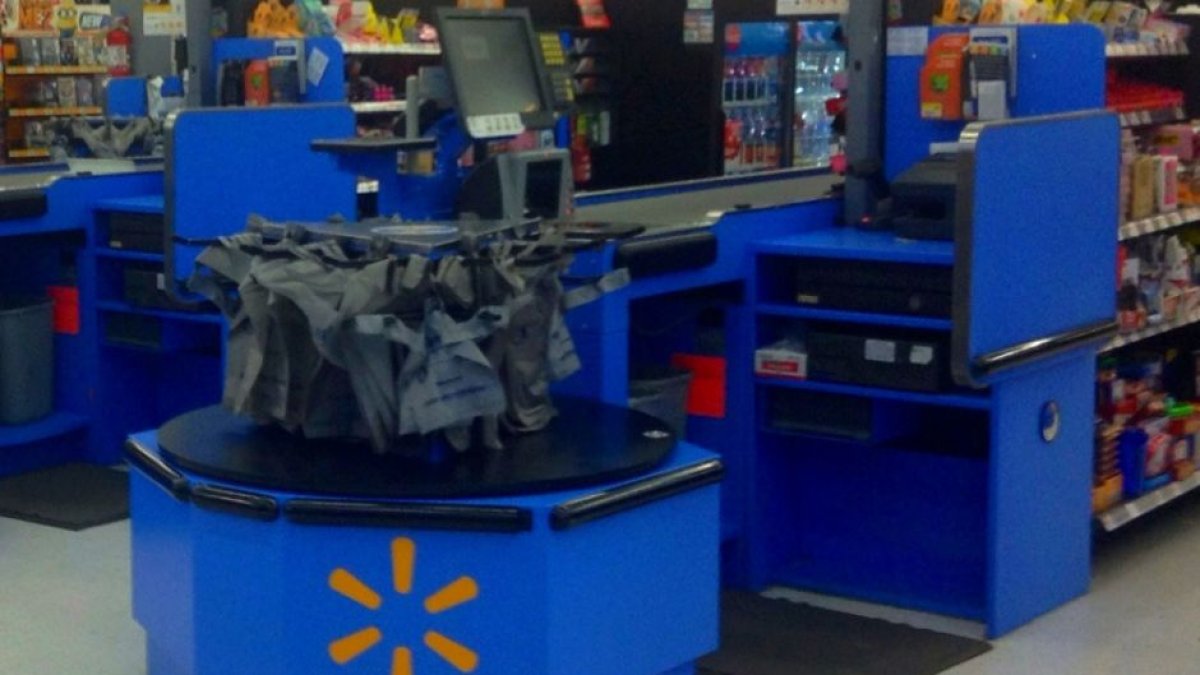California considering banning self-checkout in retail stores to combat rampant theft
State Senator Lola Smallwood-Cuevas stated that establishments that offer self-service checkout suffer 16 times more losses from theft.

(Flickr)
In California, a new bill introduced in the Senate seeks to ban self-checkout at some retail and grocery stores in an attempt to stop rampant shoplifting.
State Senate Bill 1446 – introduced by Democrat Lola Smallwood-Cuevas – would impose strict conditions on where self-checkout machines can be used. It also includes resolutions that aim to reduce employee layoffs due to payment automation.
20230SB1446_97 by Veronica Silveri
Smallwood-Cuevas assured that establishments that have automatic payment checkouts suffer 16 times more losses due to theft than those that only have human personnel carrying out their sales. This results in $100 billion in annual losses for stores. Also, according to the state senator, Increased crime in retail stores also results in a problem and threat to employee safety:
The law would ban stores from offering a 'self-service checkout option'
The rule would prohibit retail grocery and drug stores "from providing a self-service checkout option for customers unless specified conditions are satisfied."
Among the "specified conditions," it is required that a single employee be in charge of monitoring a maximum of up to two self-checkout lines. Likewise, customers will be limited to paying for a maximum of 10 items in a single purchase. Also, in order to purchase items such as alcohol and cigarettes, customers must contact a store employee, since these must be stored in special places where only workers have access or labeled with electronic surveillance tags.
The text of the law establishes:
The rule will also require retailers who want to make self-checkout available to complete an assessment showing the number of jobs eliminated for each machine installed in the establishment:
California Chamber of Commerce opposes the measure
The California Chamber of Commerce, which opposes the legislation, said in a statement that the rule is overkill and will limit customer convenience. They also point out that it is a way to control store owners over how they do their business:

























